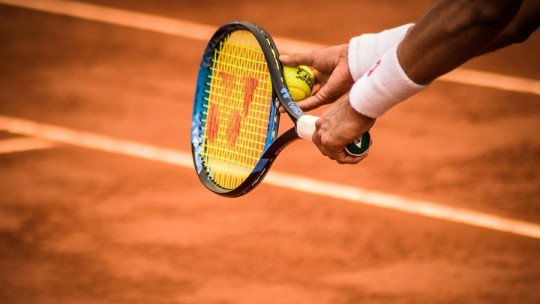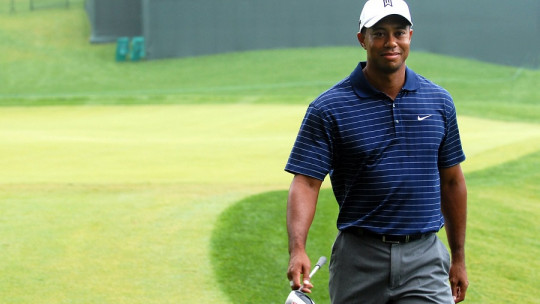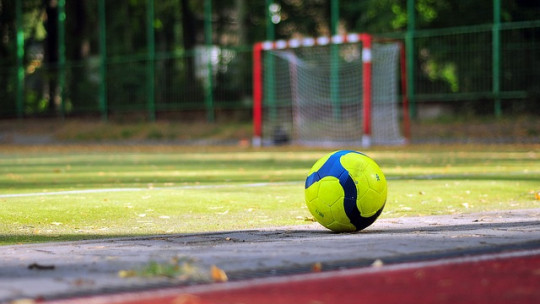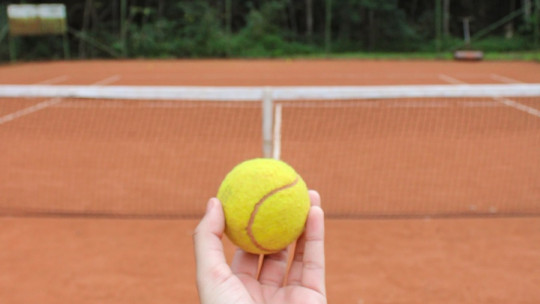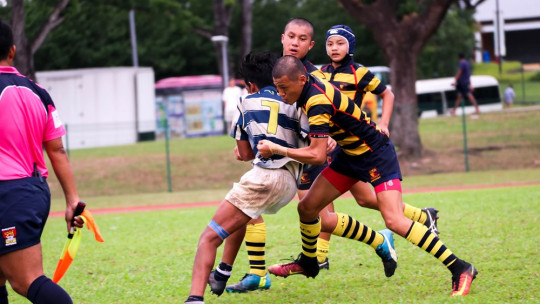Today we are witnessing the proliferation of sporting events aimed at amateurs and the increase in practitioners of the most varied sports disciplines, from running to CrossFit, through the famous bicycle in all its variants or simply training in the gym.
We are clear about what training we need to do on a physical level to be prepared or improve and in recent times we have added rest time and nutrition to the equation.
And it is worth asking: Does psychological state influence sports performance? Is meditation useful in the search for personal improvement?
We have known the answer to these questions for a few years now. That answer is: Of course yes! But, let us start at the beginning.
What is sports performance?
Sports performance is the relationship between the effort invested and the results obtained
Performance is influenced by many factors such as basic physical capacity, technical and tactical skills, diet, factors associated with health, personality factors, environmental and circumstantial factors or psychological factors.
We cannot influence some of them, but we can influence others, as is the case of psychological factors.
What is Mindfulness and what benefits does it have?
Nowadays, most people have heard about Mindfulness, even in passing. Mindfulness is a westernized meditation originating in Buddhism It is an exercise in attention, in being present in the present, with acceptance and without judgment.
Mindfulness has numerous benefits on a physical and mental level such as reducing stress and anxiety, improving sleep problems, protecting the brain by modifying its structure (slower telomere shortening, which prevents cellular aging, and increasing of axonal density and myelin), improved concentration, emotional intelligence and interpersonal relationships, greater creativity and improved working memory, among others.

Numerous studies have been carried out that have proven the usefulness of Mindfulness in various physical and psychological pathologies
This being the case, it is clear that Mindfulness can be beneficial in most areas of our lives but, until recently, in the sporting field it has not been given the importance it has.
Mindfulness in sport
A few years ago, in 1985, John Kabat-Zinn (creator of the “Mindfulness-Based Stress Reduction” technique) carried out a study, together with his collaborators, in which he tested the usefulness of Mindfulness in the sports field. He did a study with the US Olympic rowing team and obtained improvements in the participants’ performance, as well as in their coping with the competition, fatigue and recovery
Later, specific Mindfulness protocols for sports have been created, such as the MAC (mindfulness in combination with acceptance and commitment) by Gardner and Moore in 2007 and the MSPE (improving sports performance through Mindfulness) by Kauffman and collaborators in 2009. Both have given very good results in the studies that have been carried out.
In the field of high performance, it is known that these techniques have been used for several years. We can find videos of Cristiano Ronaldo or Messi, among others, talking about the importance of mental health, praising meditation and practicing some exercise.
There are also videos of Phil Jackson, former professional player and former NBA coach (with 11 NBA titles behind him) talking about how he introduced Mindfulness in the preparation of his players to enhance performance, sharpen concentration and help them better manage the worst moments of matches
Conclusion
Many times we find a stagnation in the improvement in training that prevents us from achieving the set objectives (whether in the preparation of physical tests for competitions, in the improvement aimed at obtaining a specific mark in a test or in the simple training intended to an improvement in health or aesthetics).
Sometimes this stagnation is due to psychological factors such as lack of motivation, burnout, stress, self-esteem problems, etc.
We have made a lot of progress in understanding training as something global and multifactorial and, even knowing that the psychological factor is very important in these cases, we are not doing anything to improve it.
Seeing the results that Mindfulness is obtaining in all the areas in which it is being studied and, specifically, in the sports field, I think it would be interesting dedicate part of our training time to this discipline
María de Goñi Unanua. General health psychologist. Vitaliza center worker.




